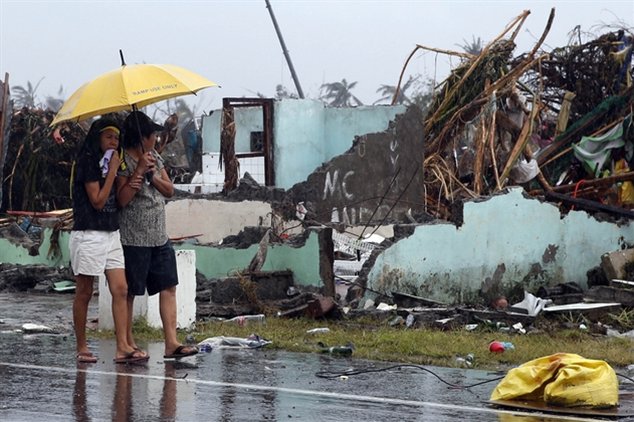The Paris climate deal has potential if followed by decisive action.
The climate deal adopted in Paris in December 2015 was a historic moment in global efforts against climate change. For the first time, consensus was reached among all 195 nations, members of the United Nations Framework Convention on Climate Change (UNFCCC), with a globally-binding agreement that is supposed to present a way forward for the world to tackle climate change and its impacts.
But for many, the Paris deal can be regarded as a success only in comparison to the failures that preceded it. For the communities who have suffered from the decades of inaction and for millions of other people currently experiencing the impacts of climate change, the Paris climate deal will amount to little without strong implementation and a continuing drive for greater ambition.
The Paris agreement falls short of delivering clarity or the decisive action that is required to support those most vulnerable to the impacts of climate change. For example, the COP has delivered a mechanism which will require countries to revisit and scale up their Intended Nationally Determined Contributions (INDCs) every five years, but unless countries take action to increase their commitments significantly through decarbonisation and a decision to leave fossil fuels in the ground, the much-celebrated 1.5°C will be surpassed.
Nevertheless, the Paris agreement contains the potential for a new era of more ambitious and more effective climate action. The challenge now is for the governments to honour their commitments and ratchet up ambition, and for the global civil society and the wider public to hold them to account.
Whether or not the Paris conference proves to be a genuinely historic moment or just another false dawn will depend upon what happens next.
For the full statement please click here.
Cover photo: Typhoon Haiyan hits the Philippines ©REUTERS/Erik De Castro, courtesy Trust.org. All rights reserved.
